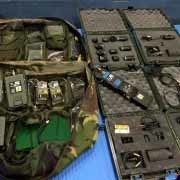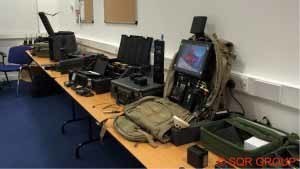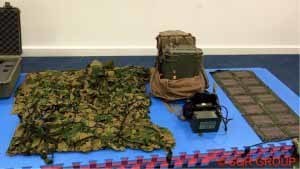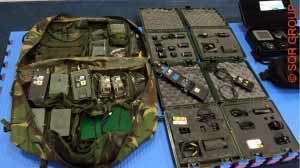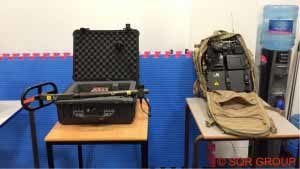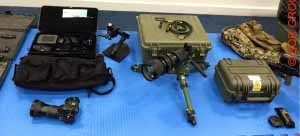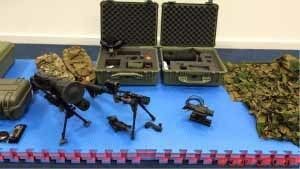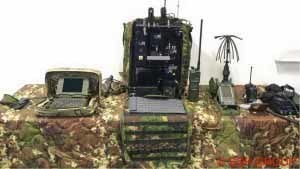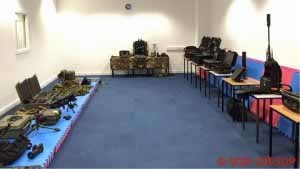International terrorism remains a serious and on going threat. The UK Threat Level for international terrorism is currently at SUBSTANTIAL, meaning an attack is a strong possibility. (See more information about the UK Threat Level system).
Islamist extremists continue to pose a significant terrorist threat to the UK and to UK interests and nationals abroad. Al Qaida in the Federally Administered Tribal Areas (FATA) of Pakistan, led by Ayman al-Zawahiri, provides the ideological lead for the global Islamist extremist movement. A number of significant terrorist attack plots against the UK originated from Al Qaida in the FATA and they continue to provide training and motivation for extremists to carry out terrorist attacks in the UK.
The emergence of affiliate groups that pledge allegiance to the Al Qaida senior leadership in the FATA, has led to the diversification and growth of the threat from Islamist extremist terrorists around the world. The ‘Arab spring’ has been a key catalyst in increasing the number of Islamist extremist terror groups, some of which have shown the aspiration to attack the UK or UK interests and nationals abroad. The most significant groups are;
•Yemen: Al Qaida in the Arabian Peninsula (AQAP)
•Syria: Al Nusrah Front (ANF)
•North Africa (Sahel): Al Qaida in the Islamic Maghreb (AQIM)
•West Africa: Boko Haram and Ansaru
•East Africa (Somalia): Al Shabaab
•Iraq: Islamic state of Iraq and the Levant or Al Qaida in Iraq (AQI)
All of these groups seek to kidnap Western nationals to obtain funding through the payment of ransoms to support their terrorist campaigns.
The majority of terrorist attack plots in the UK have been planned by UK residents. A recent example of a plot to cause mass-casualties with multiple improvised explosive devices was disrupted under Operation EXAMINE, which was planned by Birmingham based extremists. Eleven of these individuals were convicted in March 2013 for a variety of terrorist offences. There are several thousand individuals in the UK who support violent extremism or are engaged in Islamist extremist activity.
UK based Islamist extremists have supported terrorism by:
•Radicalising individuals to believe in the legitimacy of joining a terrorist network or carrying out a terrorist attack;
•Fundraising for terrorist networks often through criminal activity such as diverting money donated to legitimate charities;
•Acquiring false documents for use by terrorists;
•Attending outward bound training in the UK as preparation for travelling overseas to join terrorist groups; and
•Facilitating the travel of radicalised British individuals overseas so that they can join a terrorist group and potentially receive training and direction to plan an attack back in the UK.
Many UK residents have sought to travel to places such as Syria to take part in insurgencies. The majority of such individuals do not pose a threat when they return to the UK. However there is always a risk that such individuals may have become radicalised by extremists or even directly tasked by a terrorist group to carry out an attack in the UK.




